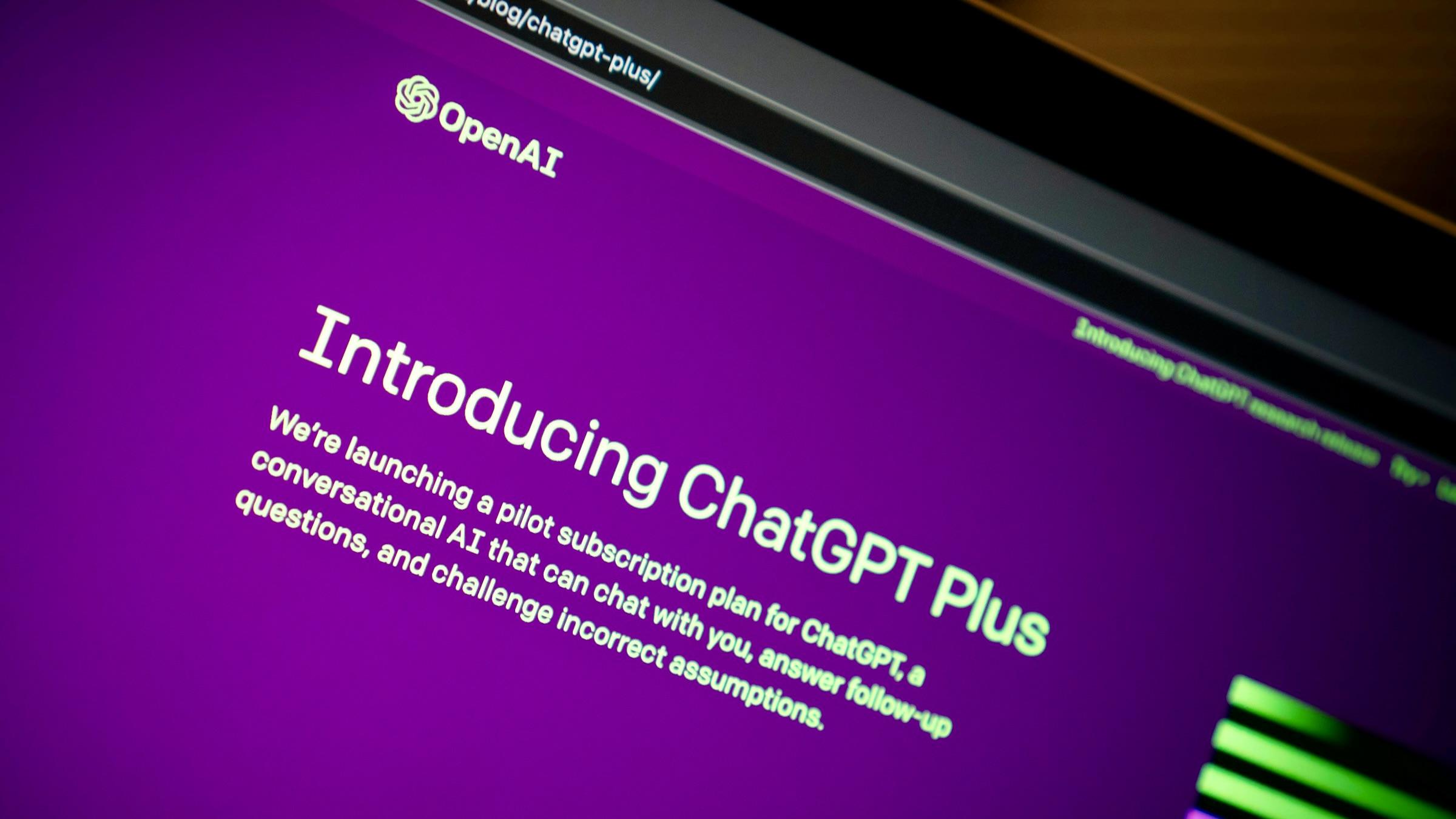OpenAI has launched its o1 model, part of the innovative Strawberry project, designed to enhance reasoning in AI. The o1 model surpasses previous versions, outperforming human PhDs in math and science, and delivering remarkable results in programming tasks.
OpenAI Unveils o1 and o1-mini Models
On Thursday, OpenAI, which has backing from Microsoft, announced the release of its "Strawberry" line of artificial intelligence models. These models are built to spend more time processing query replies in order to tackle challenging challenges.
The models, which were first reported by Reuters, can answer more difficult issues in science, coding, and arithmetic than earlier models, according to the AI firm's blog post.
o1 and o1-mini Unveiled as Part of Strawberry Project
Inside the company, OpenAI referred to the project as Strawberry, while the models that were unveiled on Thursday were called o1 and o1-mini. The business said on Thursday that the o1 will be accessible through ChatGPT and its API.
One of OpenAI's researchers, Noam Brown, who worked on ways to improve the models' reasoning, verified in an X post that the models were identical to the Strawberry project.
The o1 model outperformed its predecessor, GPT-4o, by 83% on the International Mathematics Olympiad qualification test, according to OpenAI's blog post.
AI Model Surpasses PhDs in Science and Coding Competitions
The business also boasted that the model outperformed humans with PhD degrees on a standard set of scientific challenges and increased performance on competitive programming questions.
According to Brown, the models achieved these results by using a method called "chain-of-thought" reasoning. This method entails dividing complicated problems into smaller, more manageable parts.
AI Now Automatically Deconstructs Complex Problems
Scientists have shown that using the method as a prompting tactic helps artificial intelligence models perform better on complicated challenges. Thanks to OpenAI's automation, models can now deconstruct problems automatically without any input from the user.
"We trained these models to spend more time thinking through problems before they respond, much like a person would. Through training, they learn to refine their thinking process, try different strategies, and recognize their mistakes," as stated by OpenAI.



 Federal Judge Blocks Virginia Social Media Age Verification Law Over First Amendment Concerns
Federal Judge Blocks Virginia Social Media Age Verification Law Over First Amendment Concerns  Greg Abel’s First Berkshire Hathaway Shareholder Letter Signals Continuity, Caution, and Capital Discipline
Greg Abel’s First Berkshire Hathaway Shareholder Letter Signals Continuity, Caution, and Capital Discipline  Snowflake Forecasts Strong Fiscal 2027 Revenue Growth as Enterprise AI Demand Surges
Snowflake Forecasts Strong Fiscal 2027 Revenue Growth as Enterprise AI Demand Surges  Trump Media Weighs Truth Social Spin-Off Amid $6B Fusion Energy Pivot
Trump Media Weighs Truth Social Spin-Off Amid $6B Fusion Energy Pivot  FCC Approves Charter Communications’ $34.5 Billion Acquisition of Cox Communications
FCC Approves Charter Communications’ $34.5 Billion Acquisition of Cox Communications  OpenAI Faces Scrutiny After Banning ChatGPT Account of Tumbler Ridge Shooting Suspect
OpenAI Faces Scrutiny After Banning ChatGPT Account of Tumbler Ridge Shooting Suspect  Nvidia Earnings Preview: AI Growth Outlook Remains Strong Beyond 2026
Nvidia Earnings Preview: AI Growth Outlook Remains Strong Beyond 2026  Meta Signs Multi-Billion Dollar AI Chip Deal With Google to Power Next-Gen AI Models
Meta Signs Multi-Billion Dollar AI Chip Deal With Google to Power Next-Gen AI Models  Hyundai Motor Plans Multibillion-Dollar Investment in Robotics, AI and Hydrogen in South Korea
Hyundai Motor Plans Multibillion-Dollar Investment in Robotics, AI and Hydrogen in South Korea  Paramount Skydance to Acquire Warner Bros Discovery in $110 Billion Media Mega-Deal
Paramount Skydance to Acquire Warner Bros Discovery in $110 Billion Media Mega-Deal  Middle East Airspace Shutdown Disrupts Global Flights After U.S.-Israel Strikes on Iran
Middle East Airspace Shutdown Disrupts Global Flights After U.S.-Israel Strikes on Iran  Trump Orders Federal Agencies to Halt Use of Anthropic AI Technology
Trump Orders Federal Agencies to Halt Use of Anthropic AI Technology  Apple to Begin Mac Mini Production in Texas Amid $600 Billion U.S. Investment Plan
Apple to Begin Mac Mini Production in Texas Amid $600 Billion U.S. Investment Plan  Synopsys Q2 Revenue Forecast Misses Expectations Amid China Export Curbs and AI Shift
Synopsys Q2 Revenue Forecast Misses Expectations Amid China Export Curbs and AI Shift  BlueScope Steel Shares Drop After Rejecting Revised A$15 Billion Takeover Bid
BlueScope Steel Shares Drop After Rejecting Revised A$15 Billion Takeover Bid  Panama Investigates CK Hutchison’s Port Unit After Court Voids Canal Contracts
Panama Investigates CK Hutchison’s Port Unit After Court Voids Canal Contracts 































